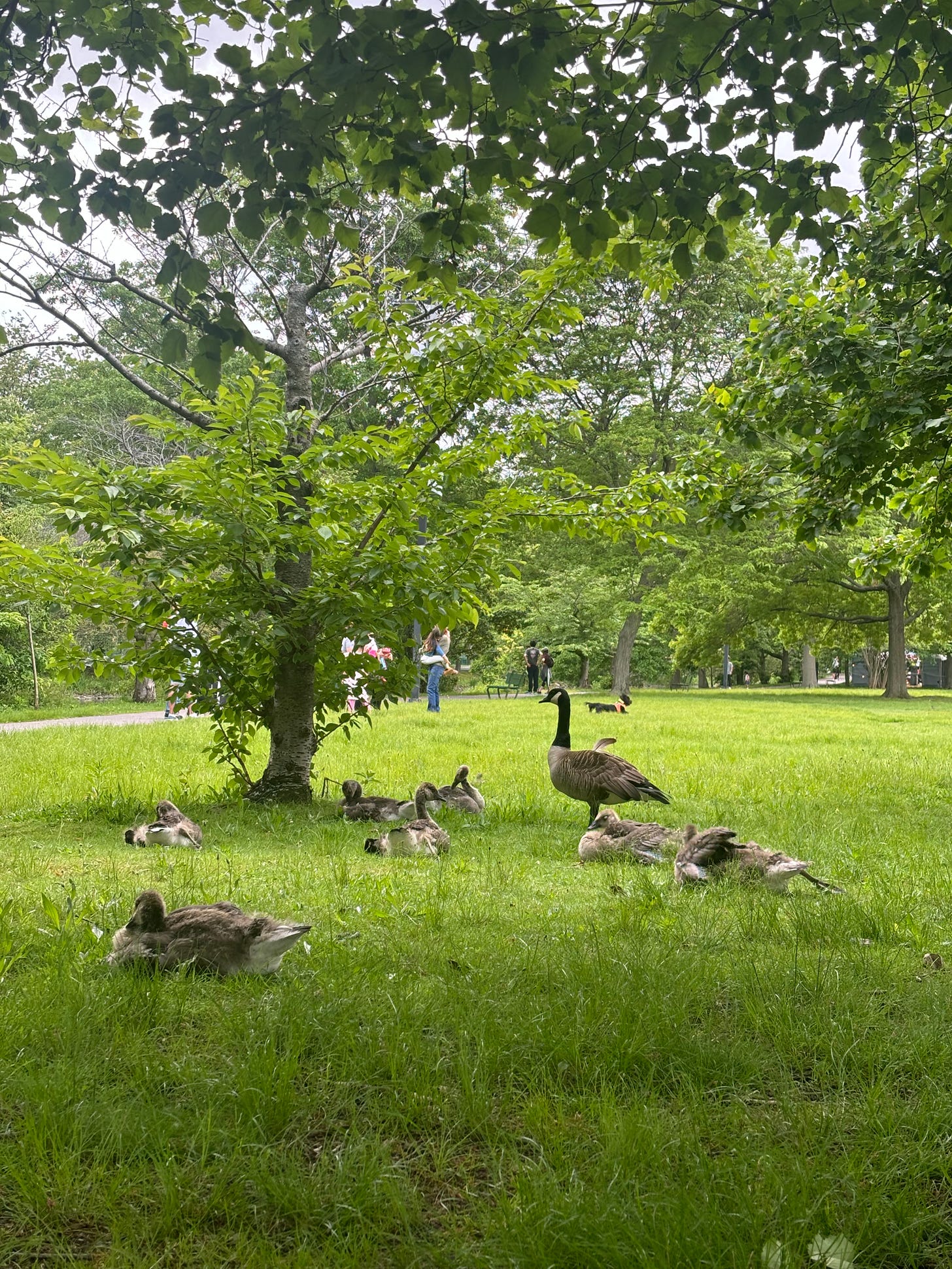A Call to Spirit!
Morning Thoughts #170
There are few worse combinations: to be ambitious but also incapable of honest self-assessment. See what the rising tide of vanity washes up. Those who, harboring no doubts whatsoever, view this openness as a sign they are saving the space to be the first port of call for the age’s richest merchant ships. What exotic goods will be unloaded upon their passive shores!
The overproduction of elites creates mass entitlement. When the rule demands the privileges of the exception, the exceptions are apt to give up their demands and also the gift of their talents too. Society, taken over by magical thinking, dismissing the pivotal role of incentivization, enters its terminal (but still cyclical) phase. Which is to say: when the best are not incentivized to give their best, higher society begins to vanish.
When the mediocre rule, they’ll find their modest perk and make life miserable in their vicinity. The rule of tyrants really only truly begins when tyrants are the rule. What makes a tyrant? Often, the feeling of the precariousness of their hold on power. But the feeling of precariousness can have two origins: it can come from the world itself, or it can originate within the prospective tyrant. In most cases, especially for those who deep down know themselves unworthy of their title, the latter is what precipitates their personal tyranny. Resentment, negative self-assessment, and insecurity with self demand harsh security measures be relied upon.
When the rule believes itself exceptional, what actually rules the day is bitterness and resentment. Well, not quite rule—more often than not, they’ll middle-manage the day. Because when the small in spirit manage anything, how can they not help but be micromanagers? It’s true, the dreaded bourgeois of the 19th and early 20th centuries were small in spirit, but how much worse for us that their victorious and even more materialistic enemies lacked spirit altogether! The horror of 1917 still reigns! Is it true? Has the war of spirit versus material been decided once and for all?

